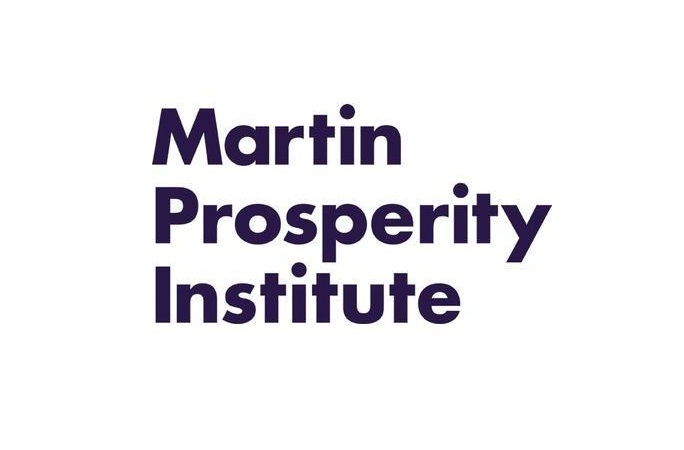Why Good Jobs Matter
Bad jobs are bad for workers, society, companies, and customers.
With our work, we intend to make the job of the future a good job.
Bad Jobs Are Bad for Workers
Today, millions of American workers are trapped in bad jobs. Their wages are insufficient to support a family or even themselves. Their schedules are unpredictable, impacting their monthly income and their ability to plan their lives. They face limited opportunities for advancement, insufficient benefits and retirement provisions. And they hold frustrating and demeaning roles that lack dignity and respect: struggling with cash registers they have never been trained to use; getting yelled at by customers because they can’t locate items; or trying to care for elderly patients with inadequate support and tools.
In 2019, 32% of the workforce—46.5 million people—worked in occupations with a median wage below $15 an hour (see a list of the lowest paying job categories). A single parent working 40 hours a week at $15/hour would make $2,580/month. Using MIT’s living wage calculator, that’s $494 less than the rent, childcare, transportation, food, and medical expenses in Tulsa, OK. That’s not even counting personal care, clothing, leisure, housekeeping supplies, phone bills, or unexpected expenses. Many service workers don’t even get 40 hours, so their annual pay is much lower. Brookings Institute estimates that 53 million Americans make less than $17,950 a year.
read more
Bad Jobs Are Bad for Society
When workers cannot make ends meet, they turn to public assistance programs like Medicaid, TANF, SNAP, and others. Each year, this leaves US taxpayers covering a $153 billion tab.
The cost of inequality may be even higher. Research by Citibank indicates that rising inequality threatens to become an increasing drag on the economy, is eroding trust in government institutions, and is harming social cohesion.

Bad Jobs Also Hurt Companies
When workers can’t afford reliable transport or childcare, they often come to work late or miss shifts entirely. Employee turnover is high because workers will leave for even a small raise. Because financial insecurity imposes a ‘bandwidth tax’ on cognitive function, employees are less able to focus and solve problems. This is why financially insecure truck drivers have more accidents, and patients of financially insecure nurses’ aides have worse health outcomes. A 2020 study found raising nursing home aid wages just $1 could save 15,000 lives.
But it doesn’t have to be this way: companies that invest in people can outperform competitors and produce strong returns for investors. The Good Jobs Strategy provides the path forward to good jobs and operational excellence.

"We are throwaways who are a dime a dozen."
-Frontline Worker
Bad Jobs Are Bad for Customers
If a company is not offering good jobs, it’s a safe bet that they are not meeting the needs of their customers, either. Just ask the employees at retail companies:
What is the Good Jobs Strategy?
The Good Jobs Strategy creates superior value for employees, customers, and investors by combining investment in employees with operational choices that increase their productivity, contribution, and motivation.
Learn About the Good Jobs Strategy
Take Action
Leverage our tools, resources, and case studies to transform your company into one that invests in people and creates good jobs.
Good Jobs Journey Toolkit
Additional Research & Links
-
Steady Jobs, With Pay and Hours That Are Anything But
-
New York Times
Economic Policy Institute

